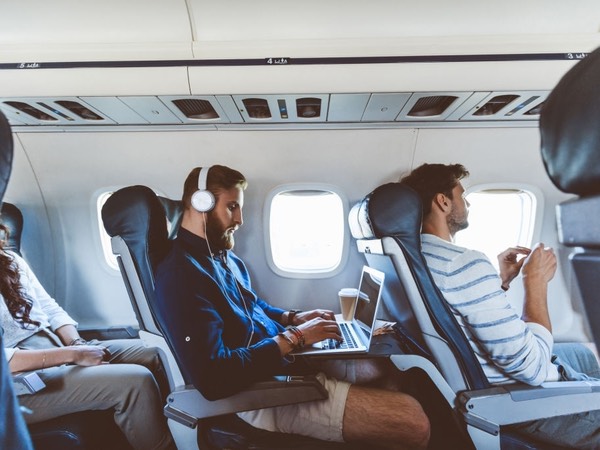When traveling, your data and privacy are more at risk than ever; here are some tips to help protect them.
1. Know your rights before you go
Just as you must know the currency and exchange rate, you must educate yourself on what legal rights you have in a particular country in regards to your data. Surprisingly, your privacy rights, along with your Constitutional protected rights as a U.S. citizen, vanish at the border. Often times at border crossings, which are legal no-man’s land, authorities have asked travelers to provide encryption keys and to allow them to copy the device’s digital contents. It may be in your best interest to double encrypt your critical data to keep it secure, should you be required to hand over your device.
2. Leave your data at home
With the cloud becoming more popular, it may be better to leave the data at home. Before you travel, delete the local copy after disabling the sync feature to the cloud. This will ensure there is no data on your device while you are away and you can make an edits on cloud-based copies. Once you return from your trip abroad, simply re-enable the local cache.
3. Choose a secure network option
Be cautious of free Wi-Fi connections as these could be fake hacker Wi-Fi access points. Try connecting only to official Wi-Fi offerings; if these are not available, use your phone’s tethering feature.
4. HTTPS is your friend
To ensure you are safely surfing the web, check to see that the sites you’re on are protected by TLS-enabled HTTPS. This can deter hackers from latching onto your connection.
5. Use privacy screens
Privacy screens are great tools to keep prying eyes from seeing what you are reading or typing. Privacy screens are easy to find and are compatible with almost any screen size.
6. Use throwaway accounts
When traveling, there may come a time when you need to use a public computer. When using these computers, using a temporary email and cloud storage accounts can protect you and your data as these devices are targets for malware and key stroke recording equipment. If you use a throwaway account which you will never use again, what does it matter if it becomes compromised once you leave?
7. Lock your device
Regardless of whether or not you are traveling, locking your devices should be common practice – even in your hotel when you are in the shower or out on the town, lock it up.
